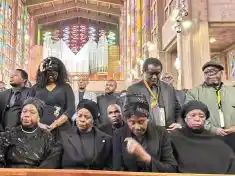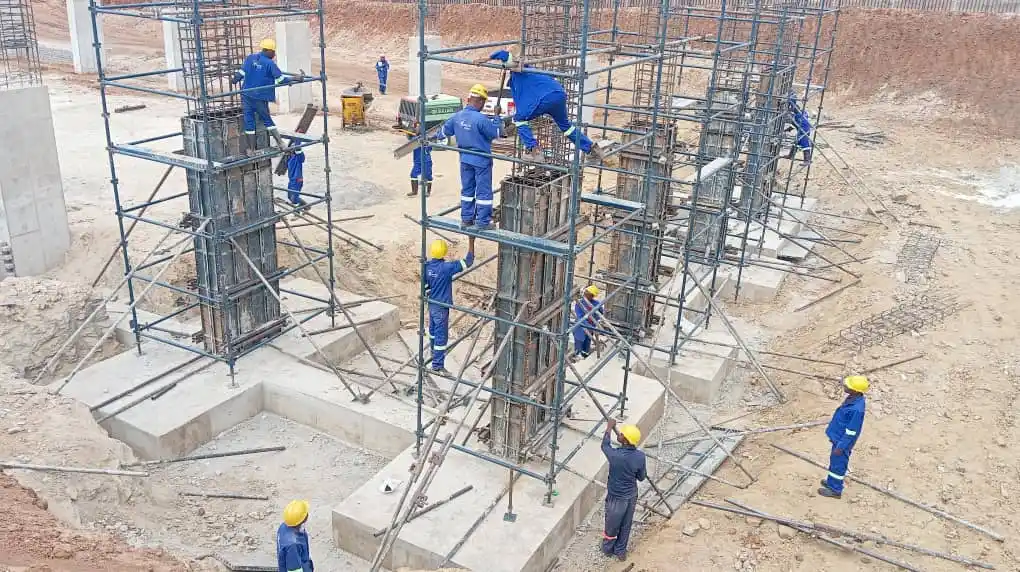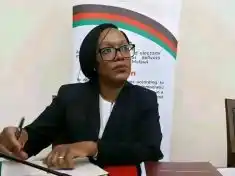
In African societies, death is not just a personal loss but a deeply communal affair, surrounded by cultural expectations, obligations, and prolonged mourning periods.
While these rituals can offer comfort and connection, they also expose bereaved families to significant psychological and physical trauma.
The recent legal battle surrounding the funeral of former Zambian President Edgar Lungu highlights the layers of stress that grieving families may endure when mourning intersects with politics, state interests, and cultural expectations.
Lungu’s widow, Esther, and other family members were forced to pause funeral proceedings and attend court in their mourning attire, following a government-led injunction that halted the planned private burial in South Africa.
This disruption, especially on the day of the funeral, compounds the grief of the family by adding legal uncertainty, public scrutiny, and bureaucratic delays to what should be a sacred moment of closure.
In many African contexts, such interruptions are not uncommon, as families must often navigate a complex web of traditional beliefs, legal frameworks, and political entanglements during burial processes.
Psychologically, prolonged mourning—especially when the deceased is a public figure—can lead to unresolved grief, depression, anxiety, and a sense of helplessness among the bereaved.
In the case of the Lungu family, the emotional burden was aggravated by the state’s insistence on a national funeral in Zambia, despite the family’s decision to hold a private one abroad, citing the late president’s wishes.
This conflict between individual family rights and perceived national interests often places bereaved families under intense emotional pressure to conform.
The trauma is further intensified by the physical toll of participating in extended rituals, multiple memorials, public appearances, and travel obligations, all of which can lead to fatigue, health complications, and stress-induced illnesses.
In rural and urban African settings alike, mourners are often expected to host visitors, provide food, and accommodate large numbers of guests, sometimes for weeks—placing financial and physical strain on households already grieving.
The expectation for the bereaved to remain stoic, hospitable, and ceremonially correct adds to the internal conflict many face while suppressing their own need for rest, therapy, or solitude.
Women, particularly widows like Esther Lungu, are often the most affected, as they must navigate gendered mourning practices that may include seclusion, head shaving, symbolic rituals, and social isolation—practices which may not align with their personal or psychological well-being.
At the national level, as seen in Zambia’s insistence on burying Lungu with full military honours, state funerals become highly symbolic, and any deviation can be interpreted as disrespect to the nation, adding a layer of guilt or blame to the bereaved family.
This politicisation of grief underscores the deep intersection of power, tradition, and trauma in Africa’s mourning culture.
As African societies modernise, there is a growing call for policies and public discourse that protect the emotional and physical well-being of bereaved families while still respecting national and cultural traditions.
Mental health services, grief counselling, and the legal empowerment of bereaved families to make decisions free from coercion are crucial in easing the trauma of loss.
The case of Edgar Lungu’s interrupted burial should serve as a wake-up call for the continent to reflect not only on how we honour the dead, but also on how we care for the living who mourn them.








0 Comments